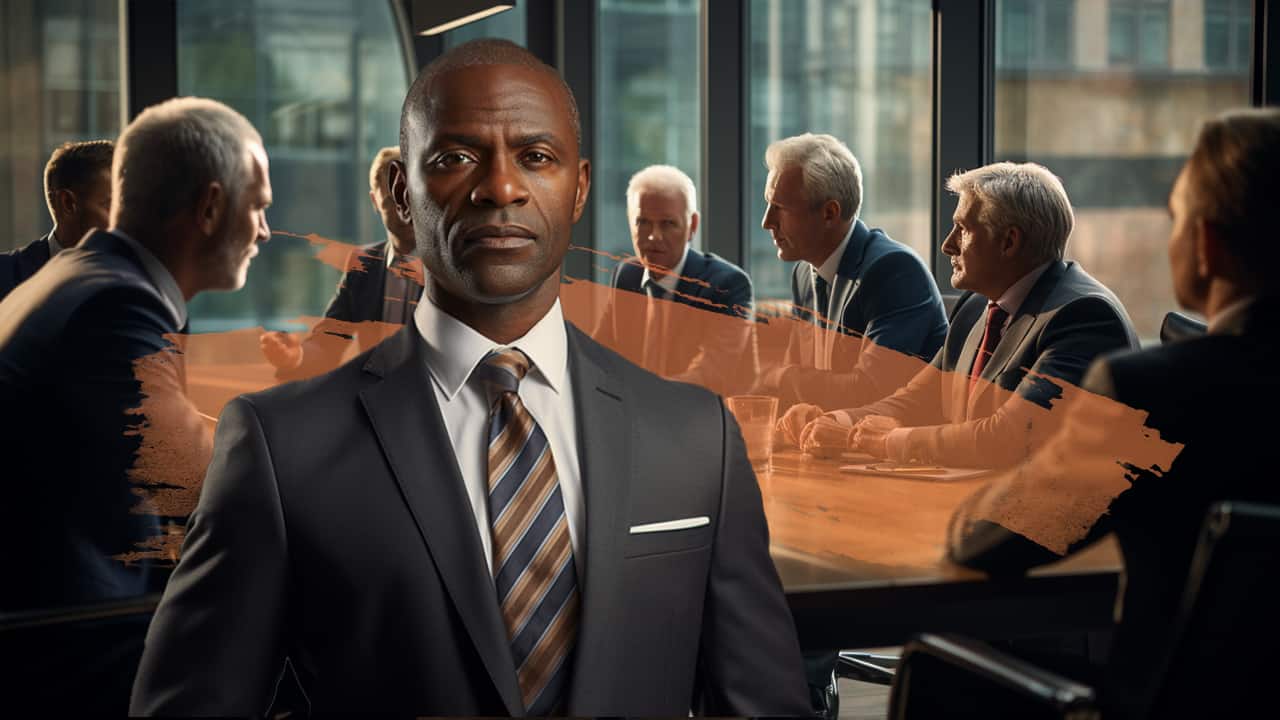A CEO by definition must have some level of leadership ability. Regrettably, many CEOs will never develop their leadership skills to their full potential.
Put bluntly, those CEOs who fail to become great leaders will inevitably fail to become great CEOs. Part of being a true leader is having a commitment to developing not only your own skills but the skills of those around you. One of the fastest routes to leadership greatness for a CEO is to understand the value of creating great leaders from within the ranks. Great leaders teach, train, mentor, coach, and inspire those around them to become the best that they can be. In today’s post, I’ll make the case for CEOs as champions of leadership…
If a CEO’s success is directly associated with their ability to attract and develop leaders then why is it that most CEOs absolutely fail to understand the critical importance of leadership development? In my experience working with CEOs, many of them simply believe that they don’t have the time to deal with it and so by delegating leadership development it has been properly addressed. Nothing could be farther from the truth…
The CEOs who become widely regarded as great CEOs are willing to assume direct responsibility for the development of other leaders. They play an active role in leadership development by investing a lot of time imparting principles, techniques, ideas, values, and emotional energy to others. They share their wisdom and experience and shorten the learning curve for younger executives which creates a stronger and more dynamic business.
CEOs committed to leadership development will not only attract great talent, but they will also retain it due to creating a culture that embraces knowledge and learning which in turn translates into better corporate performance. Contrast this with CEOs who abdicate responsibility in this area who pay the performance penalty associated with having an unmotivated, mediocre leadership team.
I’ll make my case by giving you a few examples of CEOs who accomplished great things by actively focusing on leadership development. Roger Enrico the former CEO of PepsiCo Inc. is one of the best examples of this. Enrico was known to spend nearly one-third of his time running a personal ”war college” for Pepsi’s top executives and managers. In sessions that ran from early morning until late into the night, Enrico would lead nine execs at a time through five days of dialogues and exercises at his house in the Cayman Islands or his ranch in Montana. He described his experiences, got them to reflect on their own operating styles, and shared his opinions on how to construct, expand, and change business. Each participant was asked to take on a project that would have a major dollar impact. Then, months later, each would return for a three-day session with Enrico to review the project’s progress. During Enrico’s tenure, PepsiCo showed unprecedented growth in revenue and brand equity. His hands-on approach allowed him to assess the company’s next generation of leaders and to coax from them many ideas that enhanced PepsiCo’s profits and productivity.
While few CEOs can devote as much time to leadership development as Enrico did, there are many other examples of CEOs who share their knowledge just as effectively. Qwest Communications CEO Richard Notebaert (formerly Chairman and CEO of Ameritech) leads a two-hour, no-holds-barred dialogue with as many as 100 managers at regularly scheduled development programs. Former AlliedSignal CEO Larry Bossidy who was credited with transforming a once beleaguered entity in the 1990s into one of the world’s most admired companies religiously held ”skip-level meetings” or sessions that circumvented hierarchy–at breakfasts with 10 managers held at least once a week. This venue afforded him the ability to listen, learn, and teach staffers he would otherwise rarely meet.
Great current and former CEOs like Jack Welch (GE), Steve Ballmer (Microsoft), Warren Buffet (Berkshire Hathaway), Dick Kovacevich (Wells Fargo), John Mackey (Whole Foods), Art Levinson (Genentech), Dick Fuld (Lehman Brothers) and many others are widely known for their hands-on approach to talent management. These CEOs understand that talent begets talent…They also understand that great leadership creates great brands, great companies, and sustainable shareholder value that will exist long after they leave the organization.
Bottom line…Pass the buck on leadership development and you’ll become yet another in a long line of unmemorable and short-lived CEOs.







